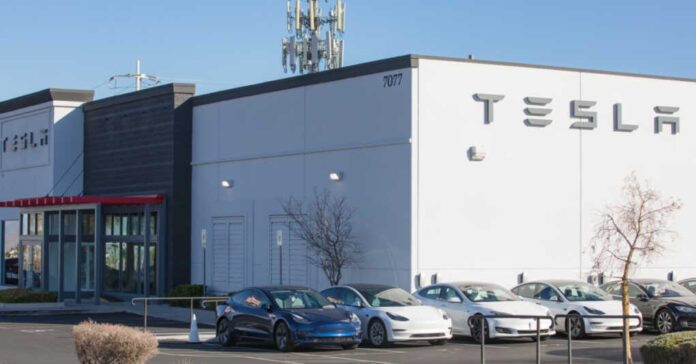
There comes a time when enough is enough. For electric car companies, as well as leasing businesses, that time is now – and it’s costing them a lot.
According to a report by Fortune on Wednesday, all those pushing for EVs to be mandated worldwide have essentially shot themselves in the foot.
We’ve all seen the commercials or heard that we should be more and more concerned with our planet and how long it will continue to support us. We’ve also heard the argument that unless we change our ways, and fast, there won’t be much longer for us to live here.
Namely, we need to stop using fossil fuels post haste. And that means turning to alternative forms of energy and transportation.
So naturally, there has been a push to “go green” or electric.
The problem is that it’s been over-pushed now. And, as you can imagine, most people are done with being pushed. So they just aren’t buying EVs.
As a result, Tesla has had to cut their prices quite a bit to make the vehicles more affordable for the average consumer. They still aren’t all that affordable, but they are cheaper than they were.
This price cut has sent massive waves throughout the entire EV industry.
For starters, the price cut has put a major hurt on leasing companies.
If you know much about leasing, you understand that, essentially, you are renting the car of your choice.
You get it when it is brand new and make what are basically rental payments for as long as your lease is active. At the end of the lease, you can usually decide to keep or actually buy the car, or you can trade it in for another, and the whole process begins again.
When you turn a car back into a leasing company, it is used. So, the company can no longer lease it. What happens is that the vehicle usually goes back to the actual car company, say Tesla, for example. Tesla buys it back and then resells it as a used car.
This means that leasing companies need to buy the cars they plan to lease at a price that will make it affordable for them to make that money back over time.
Tesla’s price cut has now made it nearly impossible for leasing companies all over the world, but particularly in the UK and Europe, where the push to “go green” has been even harder.
Now, fortunately for leasing companies, most receive buyback guarantees from companies like Tesla, ensuring that once a car has been leased, they can offload it back to the manufacturer and make their money back, with interest from the lease, of course.
But since the cars are no longer worth what they used to be they aren’t getting as much in profits. So, EV companies are now having to write checks to make up that difference for leasing companies.
In Europe, for example, the leasing company Ayvens has already started receiving checks from various EV manufacturers.
It’s also forced rental companies like Hertz to sell off most of their EVs and others such as Sixt SE in Europe to stop offering Teslas altogether.
Now, it’s important to point out here that this all could have been quite easily avoided. You know, if the powers that be had just let consumers themselves decide on whether or not to “go green.” If they hadn’t “artificially stoked” the demand for EVs with all the incentives out there, the market wouldn’t be so distorted.
The demand for EVS would probably also be higher. The last thing most of us want to do is exactly what we are told or pushed to do, especially by those who think they know more than us.
Perhaps the government contemplates pushing an idea on us again, they’ll think twice.















